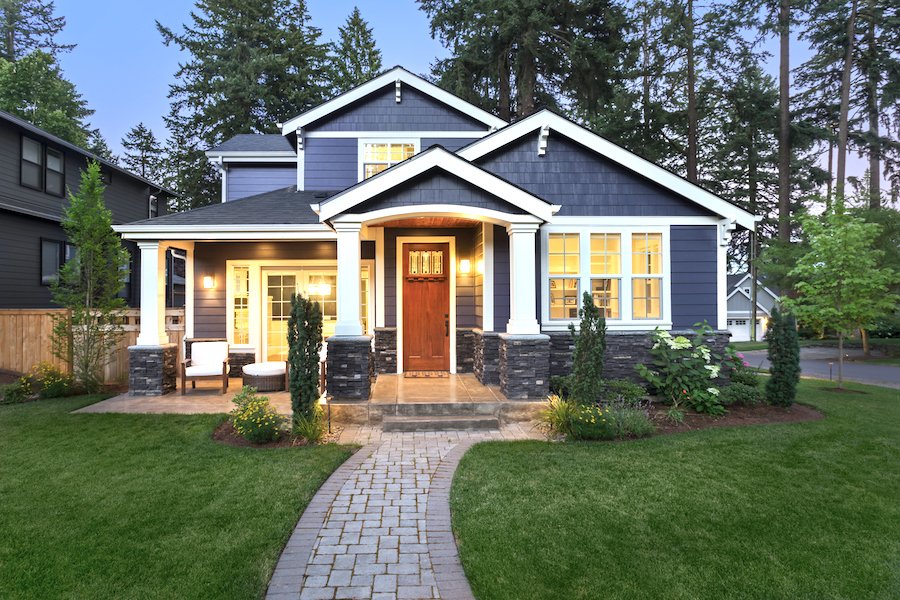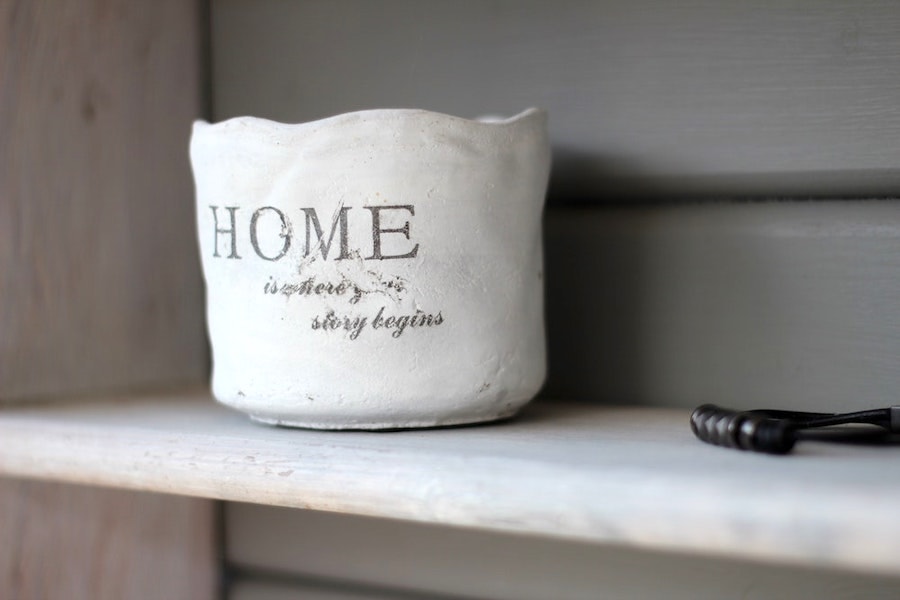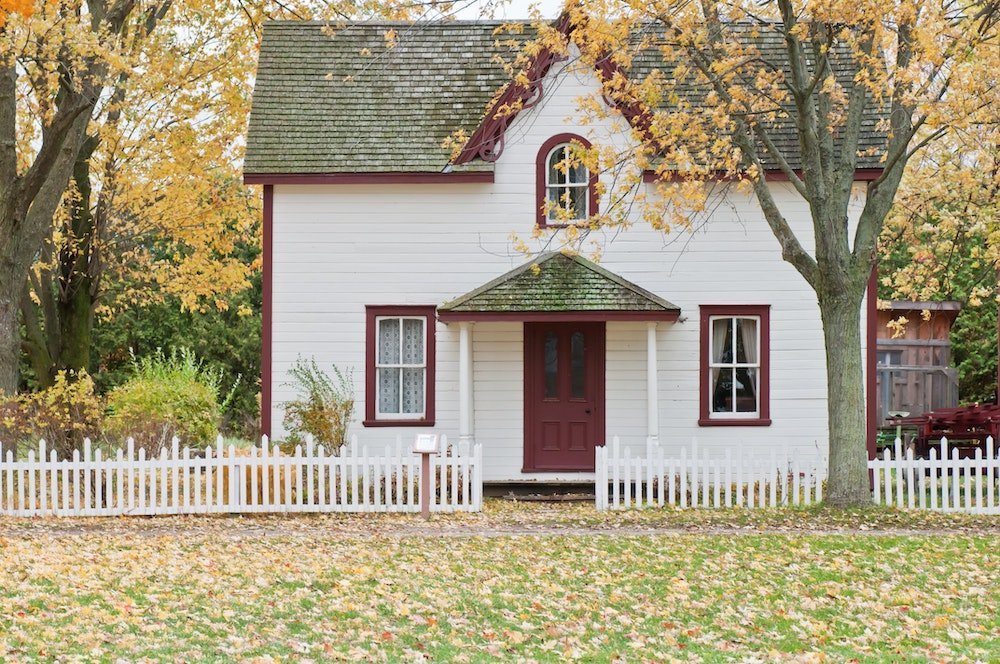
These past two years, homeowners across the country have considered buying a second home or relocating for several reasons. It could be a lifestyle change, moving closer to extended family, deciding to shift careers, seeking a lower cost of living, or even taking the big leap toward their dream house.
One question always comes up with every mortgage application: Will your new home be your primary residence? You might be wondering, why does it matter?
When it comes to your mortgage, primary residence, principal residence, and owner-occupied residence have the same meaning. But when you buy a property, it isn’t automatically considered your primary residence. In brief, a principal residence is the main property where you live more than six months out of the year. Your residence can be a single-family home, townhouse, condo, mobile home, or even a boat.
The broad rule is simple: where do you live most of the year? But it isn’t always clear-cut. So then, let’s talk about how to declare a primary residence and why it’s important.
Related: How to Finance a Fixer-Upper with the FHA 203(k) Home Loan
Top Mortgage Benefits of a Primary Residence
When you apply for a mortgage, you’ll need to declare the property type of your new home: principal residence, a second home, or investment property. In general, mortgage rates are the lowest for homebuyers purchasing a primary residence.
A low mortgage rate can save thousands of dollars over the length of your loan. What’s more, there are a number of discounts, loan programs, low down-payment options, and other benefits. When you’re buying or refinancing a principal residence, you’ll have the best options available to you.
Primary Residence Advantages:
- lower interest rate and mortgage rates
- flexible loan terms
- greater home loan options
- mortgage interest is tax-deductible
- property taxes are tax-deductible
- lower capital gains taxes *
* As the homeowner of a principal residence, you might qualify for reduced capital gains taxes when you decide to sell your home. Capital gains tax is due when you sell assets for a profit, such as selling a home. For 2021, the IRS permits homeowners to bypass capitals gains tax on the first $250k (filing single) or up to $500k (married, filing jointly).
Related: How to Buy a Home With Friends or Family
How to Meet the Criteria for a Primary Residence
In short, your primary residence is where you live more than six months of the year. This rule seems pretty straightforward for homeowners who live and work in the same area or are raising a family and sending their kids to a local school.
But it’s not always that clear-cut. For example, what if you travel for work regularly and split your time between two locations? Does your family spend half the year in a winter location travel somewhere new during the warmer months? Some couples own multiple homes and don’t live in any particular home for more than six months out of the year.
When you declare your property as your principal residence, you’ll be asked to verify the following:
- Tax Returns: What address will be listed on your federal tax returns?
- Postal Mail: Is your primary residence listed with the U.S. Postal Service?
- Personal ID: Which address will you use on your Driver’s License?
- Voting: Where are you registered to vote?
The IRS, in particular, defines a primary residence as an address that is close to your bank, your place of work, where your family resides, or where you are officially part of an organization or local club. Find more info here on tax rules.
Summary
When you apply for a mortgage, most homebuyers want to get the best rate and the loan terms. In most cases, this means being able to declare the property as your primary residence. Primary residence, principal residence, and owner-occupied residence all mean the same thing.
So if you’re looking for a second home or investment property, be aware that it may not meet the criteria needed to qualify as a primary residence. The benefits of declaring a primary residence include getting a lower interest rate, better loan options, tax breaks, and a break on capital gains taxes when you sell your home.
Next Steps
If you’re not sure whether or not your next property will qualify as your primary residence, we can help guide you through the process. Knowing your loan options is always a smart move, whether you’re considering a principal residence, investment property, or vacation home. Connect with a local mortgage advisor to discuss your goals and set yourself up for financial freedom. We’d love to help.



